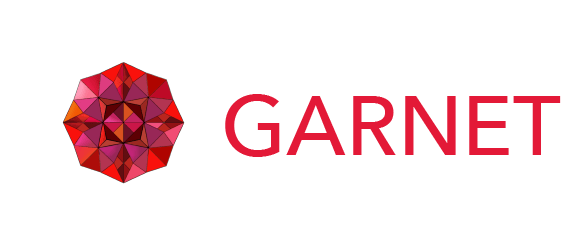One would think that the debates over the issues of land ownership, economic rights, political equality, and social reconstruction that have been occurring in an ongoing way during the last 60 years in the Catholic Church in Latin America would be impacting the political debates and conflicts in Colombia. And in some ways, and to some degrees, this is true. For example, the current head of the national Truth and Reconciliation Commission is Father Francisco de Roux, a Jesuit priest placed in the position because of his widely recognized moral authority. However, religion in general, and Catholicism in particular, play a much more modest role than what might be expected in terms of the Colombian people’s understanding of and thinking about the conflict and the formal and informal peace processes undertaken during the last 30 years.
This discussion focused upon the initial findings of my research, which shows that Colombians talk about the politics of the conflict. They talk about the pluses and minuses of the existing political system. They talk about economics, a lot. They talk about corruption. They talk about arms supplies. They talk about the role of the cartels. They talk about Venezuela. They talk about the people in their own family who have been killed or kidnapped. They talk about the relationship between the conflict and human trafficking. They talk about racism. They talk about gender. And on and on…. But they never talk about religion. Or, rather, that is to say, they never talk about Catholicism. This talk delved into the ways that Catholicism has and has not interacted with the conflict in Colombia.

